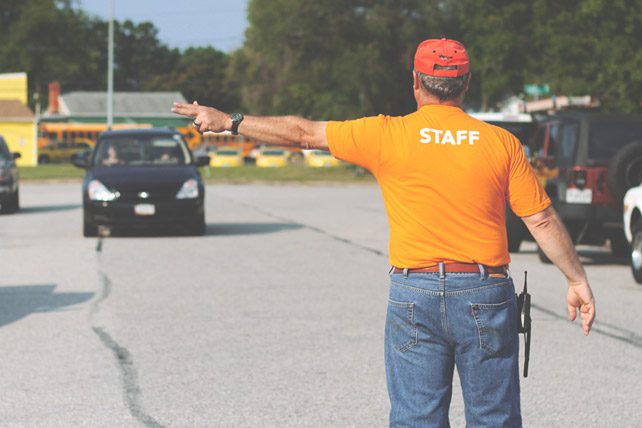For a long time, church staffing conversations revolved around how many staff a church needs. There is the ratio approach, where churches attempt to keep staffing somewhere between 1:100 to 1:150, meaning that for every 100-150 members in your congregation, you should strive to have one pastor on staff.
Another way to judge staff size is to consider the staffing expense percentage compared to total revenue. Again, this number can vary, but 40–55% seems stable for most churches.
Today, churches are struggling to answer a new and more complex staffing question: What staff positions do churches need?
The days of senior pastor, executive pastor, education pastor, worship pastor, etc., are going away in part. Successful churches have realized they also function as media and data companies.
Church isn’t only in-person, and discipleship isn’t a single pathway for everyone.
These two realities require churches to evolve to better manage technology, media, communications, and information.
Here Are 5 Positions Every Church Should Consider Today:
1. Weekend Experience Director
We used to say the “sermon begins in the parking lot.” That’s still true. But with online church expressions, the “sermon” begins in multiple places.
Great churches today recognize we are living in the “experience economy.” We discuss this implication extensively in the Remodel Your Church Model Course and Masterclass Experience. In the experience economy, offering services isn’t enough—we are creating experiences. These experiences help people connect with God, each other, and themselves. The Weekend Experience Director oversees and coordinates the entire Sunday experience, both online and in-person, from the parking lot to the parking lot.
You can download a job description for this position here: Weekend Experience Director Job Description.
2. Production Director
In the past, churches hired a Worship Leader or Choir Director, giving them responsibility for the church service. Think about how much has changed in the last decade or two. Church services today are mostly multimedia experiences. I’m not suggesting your church become an entertainment venue, but to some extent, there are cameras, projectors, switchers, screens, lighting consoles, and audio mixer in nearly every church. The typical worship pastor is often ill-equipped to lead the utilization of this equipment.
Churches looking at the future recognize the need for more production support than music support. Week to week, it’s easier to contract musical talent than production expertise.
Don’t shoot more for this, but I don’t know what a typical worship pastor does on Monday or Tuesday morning.

